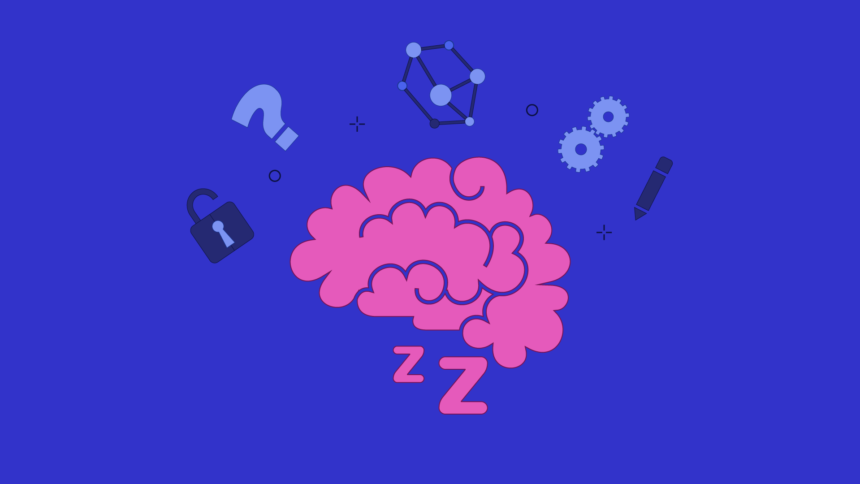The relationship between dreams and originality has been the subject of extensive speculation. Recent scientific findings suggest that the onset of sleep may be the optimal state for creative thought. However, the link between N1 dream content and creativity remains obscure.
The study appeared in Scientific Reports.
To investigate the contribution of N1 dream content to creative performance, researchers administered targeted dream incubation and collected dream reports to measure the incorporation of the chosen theme into dream content.
Using a set of three theme-related creativity tasks, the researchers then assessed creative performance.
According to the study’s authors: “Our findings show enhanced creative performance and greater semantic distance in task responses following a period of N1 sleep as compared to wake, corroborating recent work identifying N1 as a creative sweet spot and offering novel evidence for N1 enabling a cognitive state with greater associative divergence.”
“We further demonstrate that successful N1 dream incubation enhances creative performance more than N1 sleep alone. To our knowledge, this is the first controlled experiment investigating a direct role of incubating dream content in the enhancement of creative performance.”


